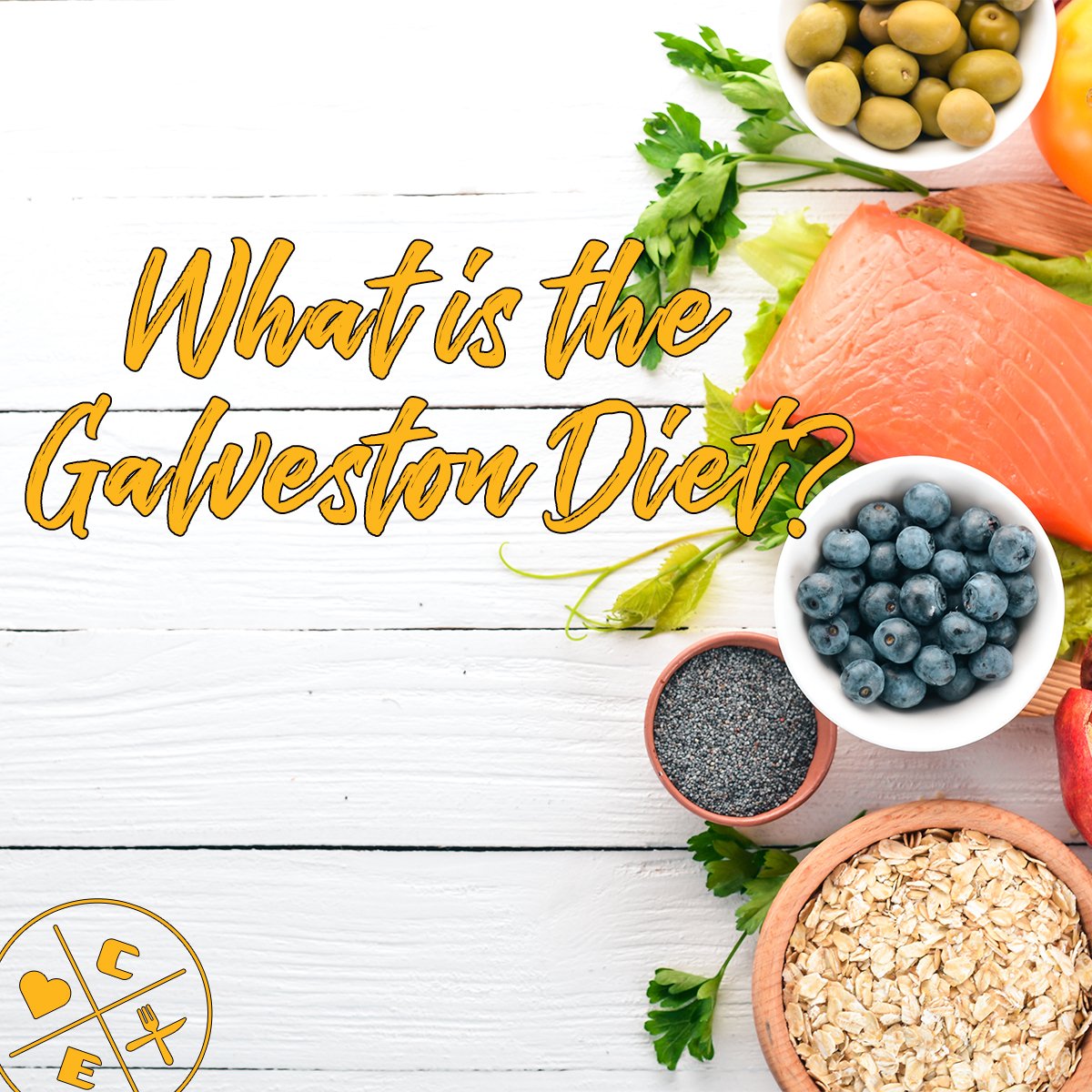
What Is Keto Flu? Understanding the Symptoms and Solutions
Jason Nista
Nutrition
|
Healthy Lifestyle
7 minute read
What is keto flu? It's a temporary discomfort experienced when starting the keto diet, as the body transitions from using carbs to burning fat for energy. With a daily carb limit of 20-50 grams, the keto diet induces ketosis, where fat becomes the primary fuel source. Nausea, fatigue, and irritability are common symptoms during this adjustment period, but they typically subside within a few days to a couple of weeks. Fortunately, proper preparation can help minimize the impact of what is known as the keto flu.
What Exactly Is Keto Flu?
So what is keto flu? The keto flu, also known as the carb flu, is a set of symptoms that some people experience when first starting the keto diet. It's your body's reaction to switching from burning carbs for fuel to burning fat for fuel.
What Causes Keto Flu?
When you cut out carbs, your body loses water and sodium, which can lead to dehydration and electrolyte imbalance. The keto flu usually only lasts a few days as your body adjusts, but the symptoms can be unpleasant. The good news is, that keto flu is avoidable if you stay hydrated and replenish your electrolytes.
- Drink plenty of water and salt your food generously. Adding extra salt helps replace the sodium you lose.
- Supplement with electrolytes like potassium, magnesium, and calcium. An easy option is electrolyte tablets or powders you can add to water.
- Get extra rest. The fatigue will pass as your body adapts to using fat for energy instead of carbs.
How Long Does Keto Flu Last?
The keto flu typically lasts around 3 to 5 days. The severity and duration can vary from person to person. The symptoms are usually the worst in the first couple of days after starting the keto diet as your body depletes its carb and glycogen stores. Once you know what is ketosis and you're in it, the symptoms should start to ease up.
The best way to get through the keto flu is to be prepared for it. Stock up on hydrating beverages and electrolyte supplements ahead of time, get extra rest, and be patient with yourself as your body adapts to this new metabolic state. The rewards of ketosis are worth the short-term discomfort of the keto flu for most people. Stay the course and you'll be feeling energized and back to your usual self in no time!
Common Keto Flu Symptoms to Watch Out For
The keto flu can pack a punch, but the good news is the symptoms are temporary. Be on the lookout for these common signs that your body is adapting to ketosis:
Fatigue and Low Energy
As your body switches from burning carbs to fat for fuel, you may feel tired and sluggish. Stay hydrated, get enough salt, and rest as much as possible.
Nausea and Digestive Issues
The sudden diet change can impact your digestion and gut bacteria. You may experience nausea, diarrhea, constipation, or stomach pain. Probiotics and ginger or peppermint tea may help reduce discomfort.
Dizziness and Mental Fog
Your brain prefers carbs for energy, so as it adapts to running on ketones you may feel dizzy, and experience “brain fog” or mood changes. Drink bone broths or chicken stock for extra electrolytes. Staying active with light exercise also helps.
The keto flu is normal and shows your body is switching over to ketosis. With the right balance of rest, hydration, and electrolytes, symptoms should subside within a week. Don’t get discouraged! Once you’re past this transition, you’ll start to experience the many benefits of ketosis like improved energy, better focus, and fat loss. Stay strong, you've got this!
Tips to Prevent and Relieve Keto Flu
To avoid or relieve the keto flu, try these tips:
- Stay hydrated. Drink plenty of water and electrolyte beverages like bone broth or sugar-free sports drinks. The keto flu can cause dehydration, so aim for 6-8 glasses of water per day.
- Get enough salt. The keto diet causes a drop in insulin levels, which reduces sodium retention. Add extra salt to your foods or consider taking electrolyte supplements.
- Eat more fat. On the keto diet, fat provides energy for your body and brain. Increase your fat intake with foods like avocados, coconut oil, and nut butter. Your body and mind will feel more energized.
- Rest and relax. The transition to ketosis can be taxing on your body. Get more sleep, limit intense exercise and practice self-care. Light movement like walking or yoga is fine, but give your body time to adjust.
- Consider supplements. Some supplements can help reduce keto flu symptoms. Try magnesium, potassium, and probiotics or exogenous ketones. Talk to your doctor before starting any new supplement.
- Be patient. The keto flu is temporary, lasting 3 to 7 days for most people. Stay committed to the keto diet and your body will adapt. You'll start feeling better and experiencing the benefits of ketosis like mental clarity, stable energy, and fat loss.
The keto flu can be unpleasant, but by hydrating, replenishing electrolytes, eating more fat, resting, and supplementing as needed, you can lessen your symptoms and feel relief faster. Keep your eyes on the long-term rewards of the keto lifestyle. Before you know it, the keto flu will pass and you'll be cruising on ketones!
So there you have it, the truth about the keto flu. As you transition into ketosis, you may experience some temporary side effects. But don't worry, the keto flu is totally normal and will pass. Staying hydrated, replenishing your electrolytes, and easing into the keto diet are the keys to minimizing discomfort. Before you know it, you'll be in ketosis and enjoying all the benefits of burning fat for fuel. The keto flu may be annoying, but the rewards of sticking with the keto diet make it worth powering through.
Now that you’re prepared to take on the keto flu, you might be wondering what you should be eating during the keto diet. Clean Eatz Kitchen brings you the keto meal plan delivery to help you achieve your fitness goals as soon as possible and with minimum effort.
Final Thoughts
In conclusion, understanding what exactly keto flu is can significantly ease the transition to a ketogenic diet. By being aware of common keto flu symptoms to watch out for, you can effectively monitor your body's adjustment process. Implementing the provided tips to prevent and relieve keto flu can ensure a smoother and more comfortable journey toward achieving your desired health and wellness goals.
FAQ
Are there any individuals who are more likely to experience keto flu?
While keto flu can affect anyone transitioning to a ketogenic diet, those with a history of low-carb diets or significant carbohydrate dependency might experience more pronounced symptoms during the initial adaptation phase.
Should one seek medical advice if experiencing severe keto flu symptoms?
If the symptoms persist or become severe, it is advisable to consult a healthcare professional to rule out any underlying medical issues and to ensure a safe transition to the ketogenic diet.
How can one maintain energy levels while experiencing keto flu symptoms?
Adequate rest, sufficient hydration, and consuming healthy fats can help maintain energy levels and alleviate fatigue associated with keto flu. However, it's essential to prioritize rest and listen to your body's signals during this period.
Can one continue the ketogenic diet despite experiencing keto flu?
It is generally safe to continue the ketogenic diet while experiencing keto flu, as long as you ensure proper hydration, and electrolyte balance, and listen to your body's needs. However, consulting a healthcare professional is recommended if the symptoms persist or worsen.



